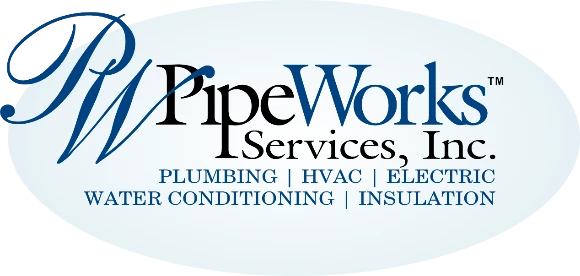If your storage-tank water heater has reached the end of its lifespan and needs to be replaced, you may be considering installing a tankless or on-demand model. Here are some things you should consider before you take the plunge with a tankless model:
Advantages of a Tankless Water Heater
- Could generate considerable savings on home energy costs. Heating water can account for up to 30 percent of a home’s energy bill, but much of this is wasted on warming large quantities of water in a storage tank, with some of the water having to be repeatedly heated before being used. Choosing a system that only heats water when you need it is much more energy and cost-efficient.
- Is smaller than its traditional equivalent, and as a result, takes up less space in your home. There’s no need to find somewhere for a large storage tank if you go tankless.
- May last longer. Because a tankless water heater is less prone to corrosion, its lifespan is approximately five years longer than a tank-type water heater.
- Provides a continuous supply of hot water, provided you’ve sized the tankless system to fit your hot water needs.
Disadvantages of a Tankless Water Heater
- May not be large enough for your family’s needs. Typical tankless units are more than adequate for the needs of households with one or two people but may struggle to serve larger families. Homeowners typically address this by adding one or more point-of-use tankless units, to supplement the whole-house heater.
- Won’t supply enough hot water to perform more than two tasks at a time. A traditional water heater should be able to deal with the demands of laundry and showers simultaneously. Again, if you’ve sized your tankless system properly, it should be able to handle whatever hot water needs you may have.
Whatever your decision, Pipe Works Services, HVAC specialists in northern New Jersey since 1988, can help you take the next step. Please contact us today for help choosing a tankless (or storage tank) water heating system for your home.




